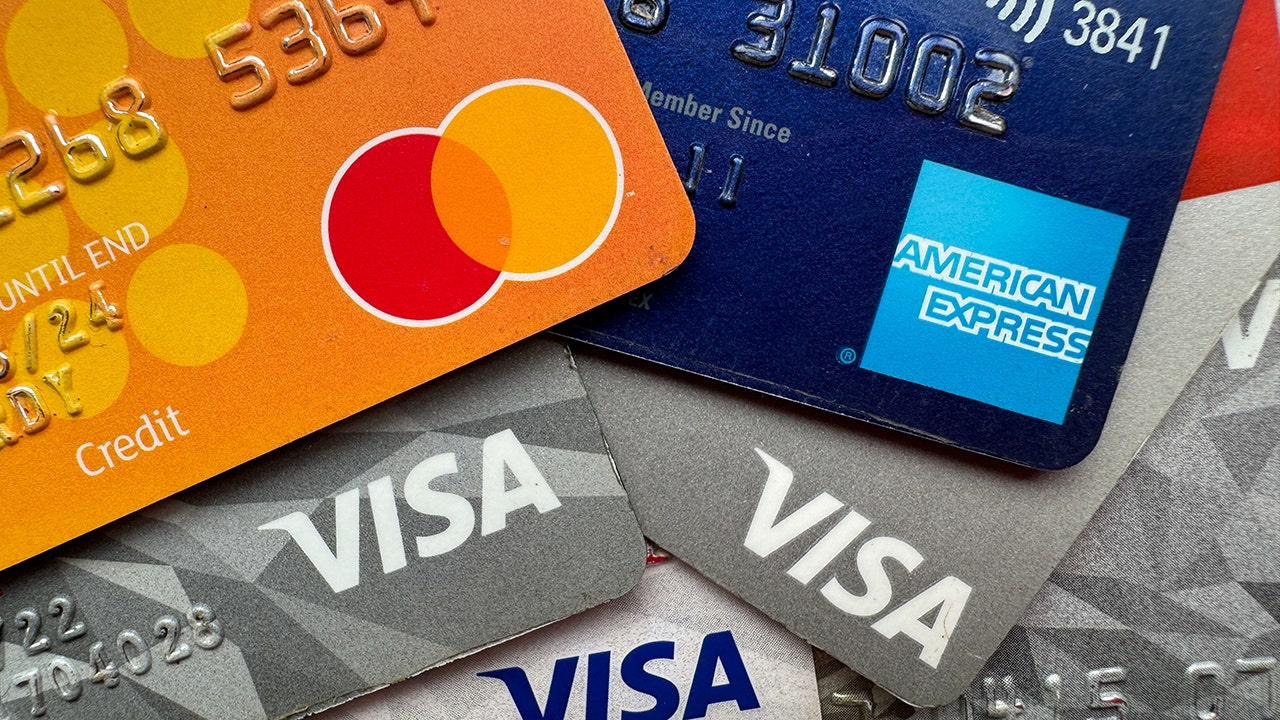20Gauge
TB Fanatic

Credit card delinquency rates hit worst level on record
A growing number of Americans are struggling to make their credit card payments every month as they continue to battle high inflation and interest rates.
Americans are drowning in credit card debt.
New data published by the Federal Reserve Bank of Philadelphia shows that a growing number of Americans are struggling to make their monthly credit card payments as they continue to battle high inflation and interest rates.
All stages of credit card delinquency – 30, 60 and 90 days past due – rose during the fourth quarter of 2023 to the highest level since 2012. The researchers noted that it is typical for credit card performance to deteriorate at the end of the year as consumers ramp up their holiday spending.
Nearly 3.5% of card balances were at least 30 days past due at the end of December, an increase of about 30 basis points from the previous quarter. The percentage of debts that are 60 and 90 days late also rose.
Stress among cardholders was "further underscored in payment behavior," the report said. The share of accounts making minimum payments jumped 34 basis points from the third quarter.
Although the share of Americans paying off their credit card balance in full rose eight basis points, a 3.1% increase in revolving balances – which carry over from month to month – "implies higher card balances among a smaller group of revolvers."
"Fourth quarter 2023 featured the worst card performance in the series," the report said. "All stages of account-based delinquency reached series highs. Only the 90+ balance-based rate was under its series high, set over a decade ago."
As a result of the spike in delinquencies, banks are granting fewer credit line increases and reducing credit lines more frequently.
The rise in credit card usage and debt is particularly concerning because interest rates are astronomically high right now. The average credit card annual percentage rate, or APR, has been holding steady at a record-high of 20.75% last week, according to a Bankrate database that goes back to 1985. The previous record was 19% in July 1991.
If people are carrying debt to compensate for steeper prices, they could end up paying more for items in the long run. For instance, if you owe $5,000 in debt – which the average American does – current APR levels would mean it would take about 279 months and $8,124 in interest to pay off the debt making the minimum payments.
The rise in delinquencies comes in the wake of the Federal Reserve's aggressive interest rate hike campaign designed to crush stubborn inflation and cool the economy.
Policymakers have signaled they expect to cut interest rates sometime this year, but not until they are confident that inflation is conquered.
Although inflation has cooled considerably in recent months, it remains up 3.5% compared with the same time one year ago, according to the most recent Labor Department data.
The inflation spike has created severe financial pressures for most U.S. households, which are forced to pay more for everyday necessities like food and rent. The burden is disproportionately borne by low-income Americans, whose already-stretched paychecks are heavily affected by price fluctuations.

